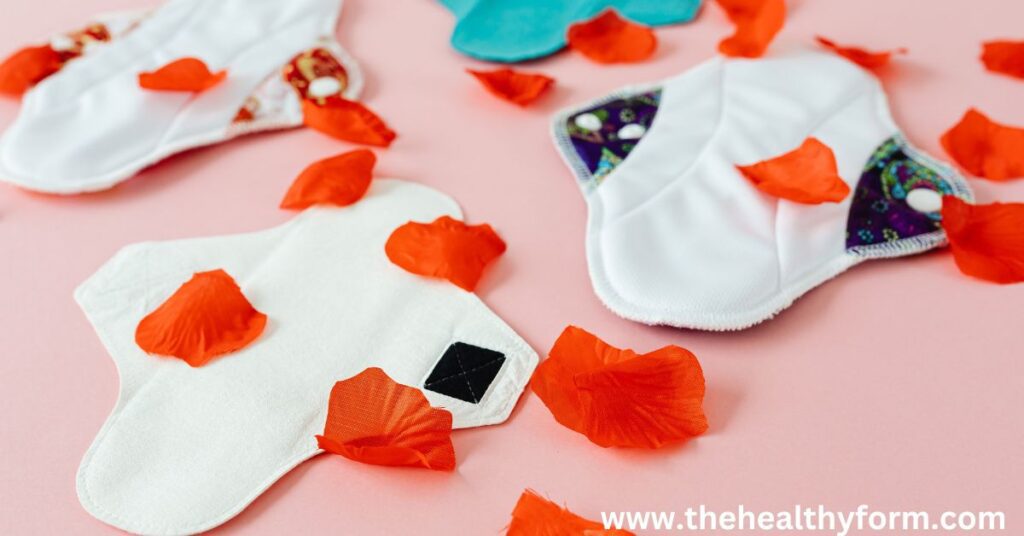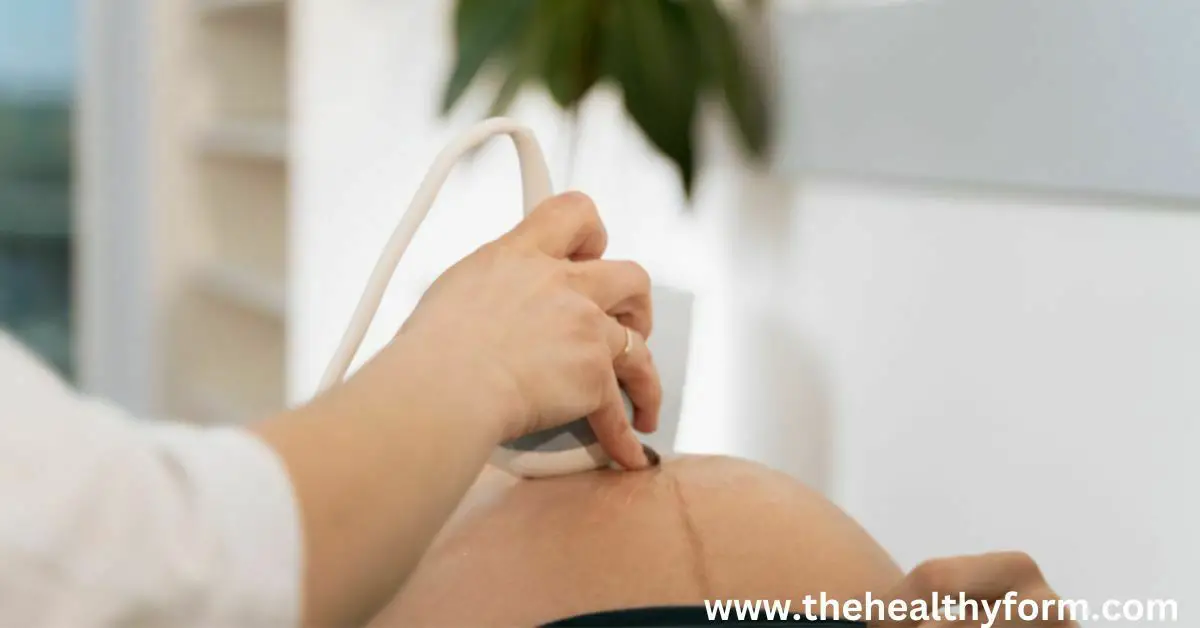10 Tips for a Smooth and Stress Free Period
Get the most out of your menstrual cycle with these 10 tips for a smooth and stress free period. Learn about natural remedies, self-care techniques, and lifestyle changes that can help alleviate cramps, bloating, and other symptoms. Menstruation is a natural and important part of a woman’s reproductive health. Shedding of the uterine lining or endometrium occurs each month when a woman is not pregnant. The menstrual cycle is the series of changes in the body in preparation for pregnancy, typically marked by a menstruation period.
While menstruation is a normal and natural process, it can also be accompanied by various physical and emotional symptoms, such as menstrual cramps, premenstrual syndrome (PMS), and mood changes. This blog post will share 10 tips for navigating menstruation and managing common menstrual issues. From understanding the menstrual cycle and dealing with cramps to choosing menstrual products and managing fertility, these tips can help you feel your best during your period.
Menstruation
Those with uteruses experience the natural biological process of menstruation. Hormones that control uterine lining development and shedding, which normally takes place every 28–32 days, also influence the menstrual cycle. Many physical and psychological symptoms, including cramps, bloating, mood swings, and weariness, can occur throughout the menstrual cycle. You may better control your menstrual health and fertility by being aware of your monthly cycle and the variables that might impact it, including stress, exercise, and food. Also, being upfront with your medical professionals about any issues or adjustments to your menstrual cycle is crucial.
Menstrual cycle
The menstrual cycle is an important physiological process in the female body to prepare for pregnancy. An egg develops during the cycle and is released from the ovaries due to intricate hormonal changes. The egg implants in the uterus and starts to develop into a baby if the sperm fertilizes it. Yet, monthly bleeding results from the uterus shedding its lining if fertilization does not occur. Age, health, and contraception usage are a few of the variables that might affect the duration and regularity of the menstrual cycle. Maintaining menstrual health and fertility requires an understanding of the menstrual cycle.
Periods
A period is a typical biological occurrence in those with uteruses and indicates a person’s capacity for reproduction. The menstrual cycle lasts 28 to 35 days, with bleeding lasting 3 to 7 days. Hormones that promote the development and shedding of the uterine lining control the menstrual cycle. For many people, menstruation comes naturally and is a vital procedure for reproductive health. Maintaining excellent menstrual hygiene is crucial, and if you have any abnormalities or pain during your period, you should consult a doctor. Making educated decisions regarding family planning and contraception can also be aided by understanding your menstrual cycle.
Menstrual cramps
During menstruation, menstrual cramps, or dysmenorrhea, are painful cramps in the lower abdomen. The contraction of the uterus causes it to shed its lining. Menstrual cramps can range in intensity from mild to severe and can be accompanied by other symptoms such as nausea, diarrhea, and headaches. Strategies for managing menstrual cramps include over-the-counter pain medications, heating pads, and exercise.

Premenstrual syndrome (PMS)
Premenstrual syndrome (PMS) is a group of physical and emotional symptoms that occur in the days leading up to menstruation. Symptoms of PMS can include mood changes, irritability, fatigue, bloating, breast tenderness, and cravings. While PMS is a common and normal part of the menstrual cycle, it can be managed through lifestyle changes, such as exercise, stress management, diet, and medications prescribed by a healthcare provider.
Menstrual hygiene
Menstrual hygiene involves caring for your body and managing your menstrual flow during your period. This can include choosing appropriate menstrual products, such as pads, tampons, or cups, and maintaining proper hygiene practices. It is important to choose menstrual products that are comfortable and safe and to follow appropriate disposal and cleanliness guidelines.
Menstrual products
Various menstrual products, including pads, tampons, and cups, are available to manage the menstrual flow. Choosing a product that is comfortable, safe, and appropriate for your needs is important. Pads are disposable absorbent products worn on underwear, while tampons are inserted into the vagina to absorb menstrual flow. Menstrual cups are reusable cups inserted into the vagina to collect menstrual flow.

Abnormal menstruation
Abnormal menstruation refers to deviations from the normal menstrual cycle or symptoms. This can include irregular periods, heavy bleeding, painful cramps, or other unusual symptoms. Abnormal menstruation can be caused by various factors, such as hormonal imbalances, uterine fibroids, polycystic ovary syndrome (PCOS), or other underlying medical conditions. It is important to consult with a healthcare provider if you experience abnormal menstruation or any unusual menstrual symptoms.
Menstrual cycle regulation
Several methods for regulating the menstrual cycle include hormonal contraceptives, herbal remedies, and natural fertility awareness. Hormonal contraceptives, such as the pill, the patch, and the ring, can regulate the menstrual cycle and prevent pregnancy. Herbal remedies, such as chaste berry and black cohosh, may regulate the menstrual cycle and manage menstrual symptoms, although their effectiveness has not been consistently proven. Natural fertility awareness methods, such as the rhythm and basal body temperature, involve tracking menstrual cycle changes and using this information to predict fertility and prevent pregnancy.
Menstruation and fertility
Menstruation is an important aspect of fertility and reproductive health. The menstrual cycle is closely tied to fertility, as a period typically indicates that a woman is not pregnant. Understanding the menstrual cycle and any changes or abnormalities can help a woman manage her fertility and reproductive health.
FAQ about Smooth and Stress Free Period
Here are some of the most common questions people have about smooth and stress free period are:
How can I make my period less painful?
There are several ways to alleviate period pain, such as using a heating pad, taking over-the-counter pain medication, practicing relaxation techniques like yoga or meditation, and staying hydrated. Some women find exercise or a warm bath can help reduce menstrual cramps.
Can certain foods make my period worse?
Yes, some foods can exacerbate period symptoms. Foods high in salt, sugar, or caffeine can cause bloating, mood swings, and headaches. It’s also a good idea to avoid alcohol and spicy or fatty foods during your period.
Is it normal to experience irregular periods?
It’s common for young women to have irregular periods during the first few years after they begin menstruating. However, suppose your periods are irregular, or you experience other symptoms like heavy bleeding or severe cramps. In that case, talking to your doctor to rule out any underlying health issues is important.
How can I manage period-related mood swings?
Hormonal fluctuations during your period can cause mood swings, irritability, and anxiety. It’s important to practice self-care during this time, such as getting enough sleep, eating a healthy diet, and engaging in stress-relieving activities like exercise or meditation. You may also want to talk to your doctor about hormonal birth control, which can help regulate your moods.
Can I exercise during my period?
Yes, exercise can help alleviate period symptoms like cramps and bloating. However, listening to your body and avoiding high-impact exercises if you’re tired or experiencing heavy bleeding is important. Low-impact activities like walking, yoga, or swimming are great options for menstruating women.
Conclusion
Menstruation is a natural and important part of a woman’s reproductive health. From understanding the menstrual cycle and managing common menstrual issues to choosing menstrual products and regulating the menstrual cycle, there are many factors to consider. Following these 10 tips, you can navigate menstruation and support your menstrual health. Remember to prioritize self-care, seek medical care, and advocate for your menstrual health and rights.





